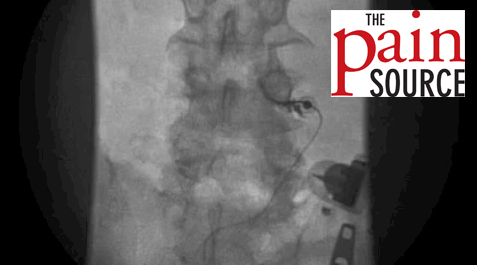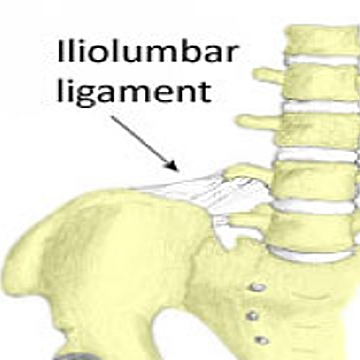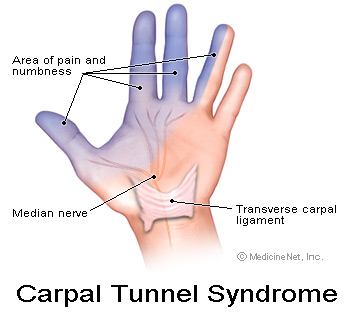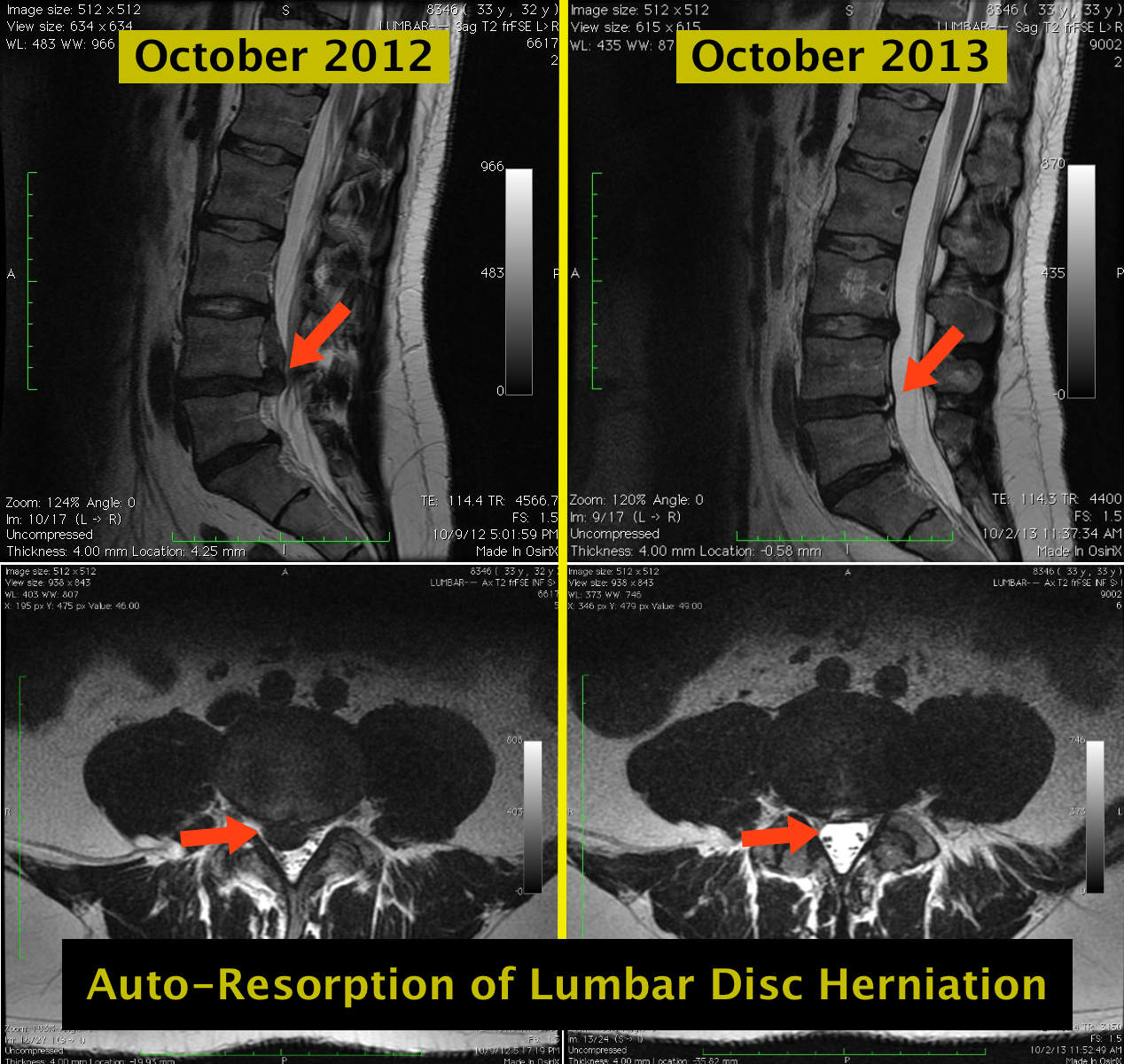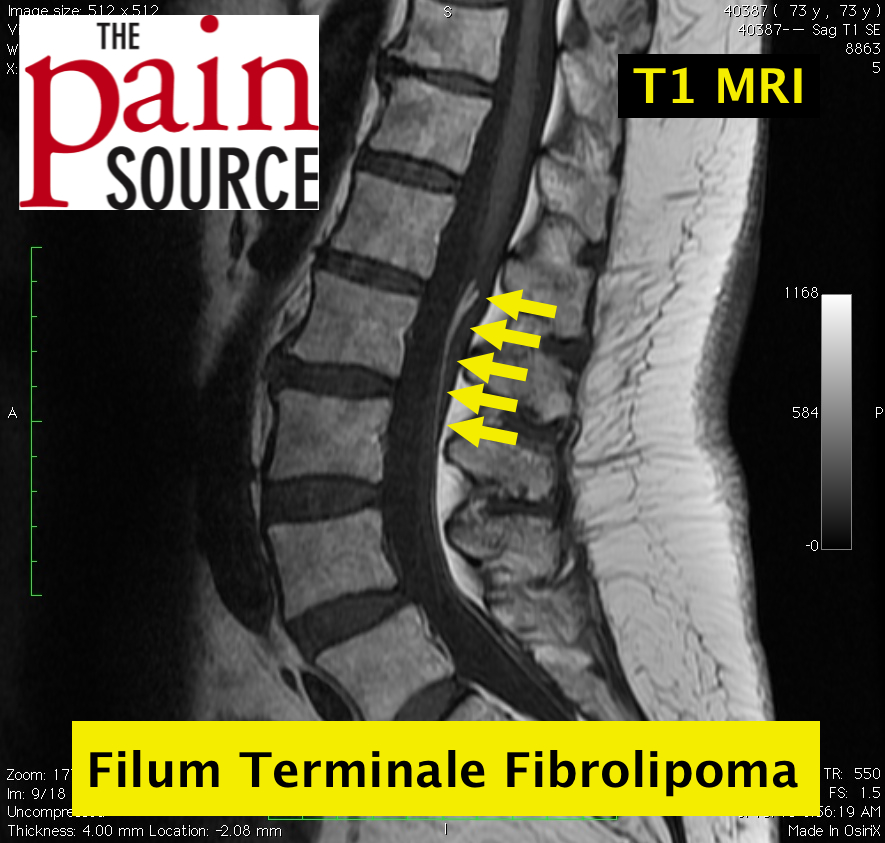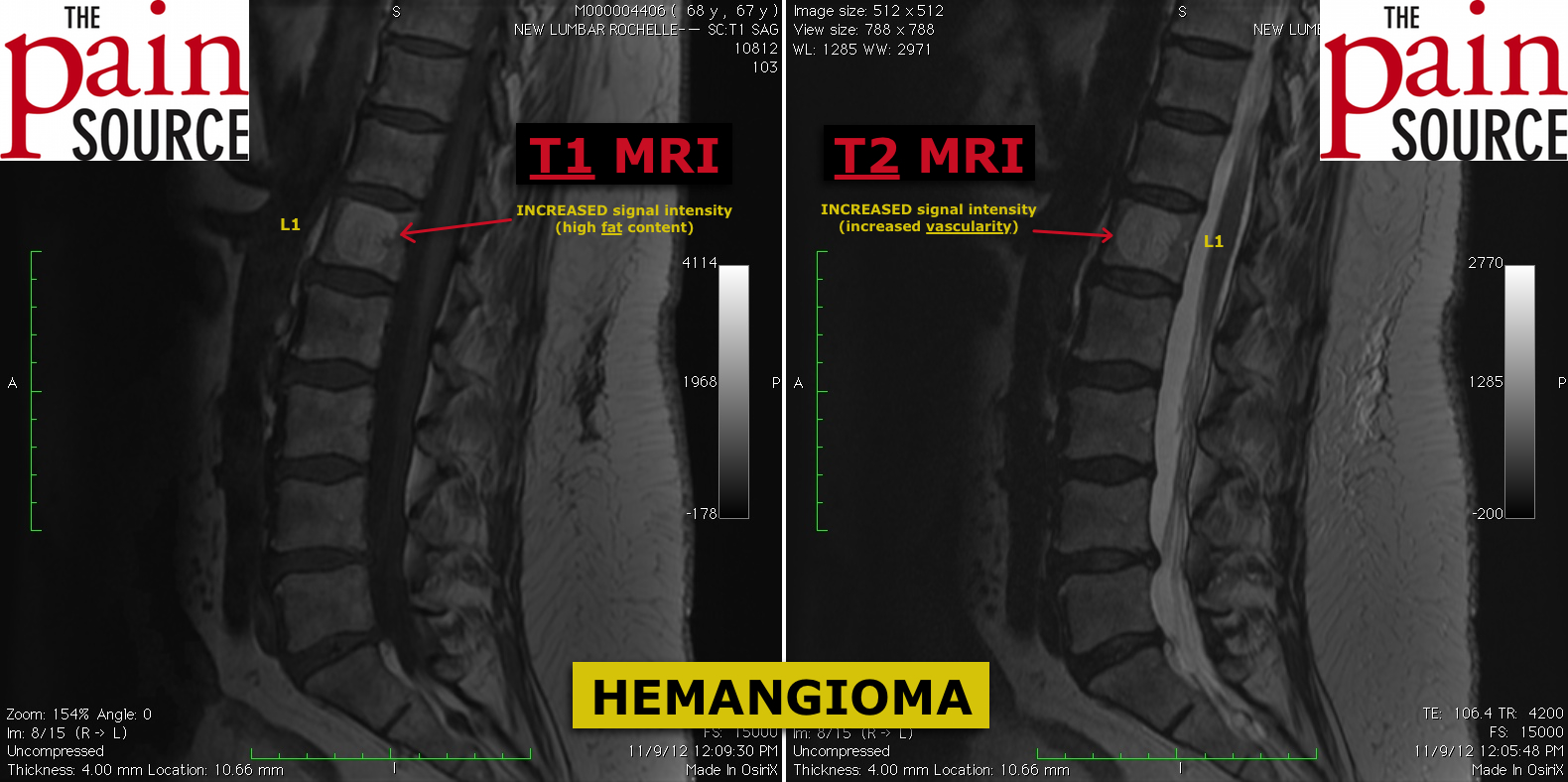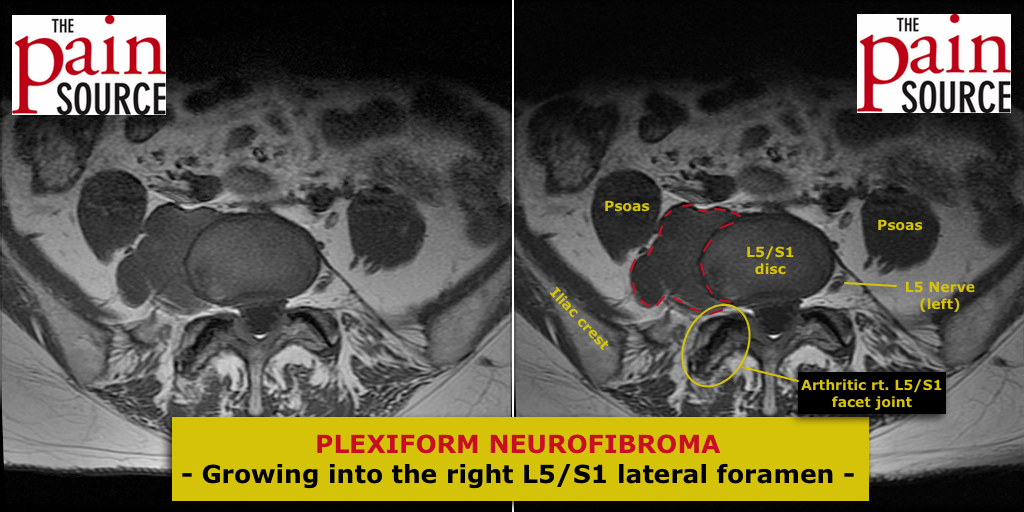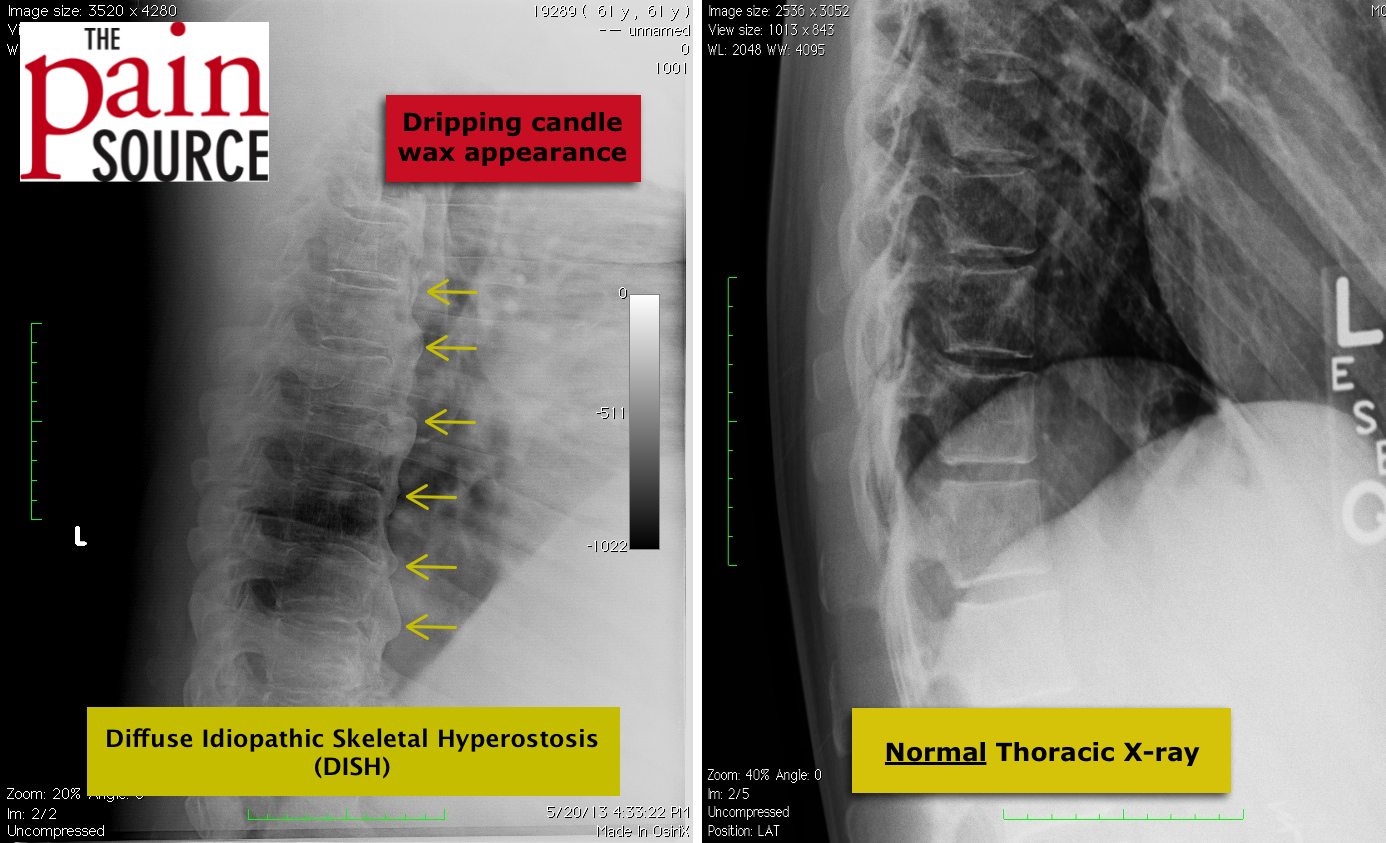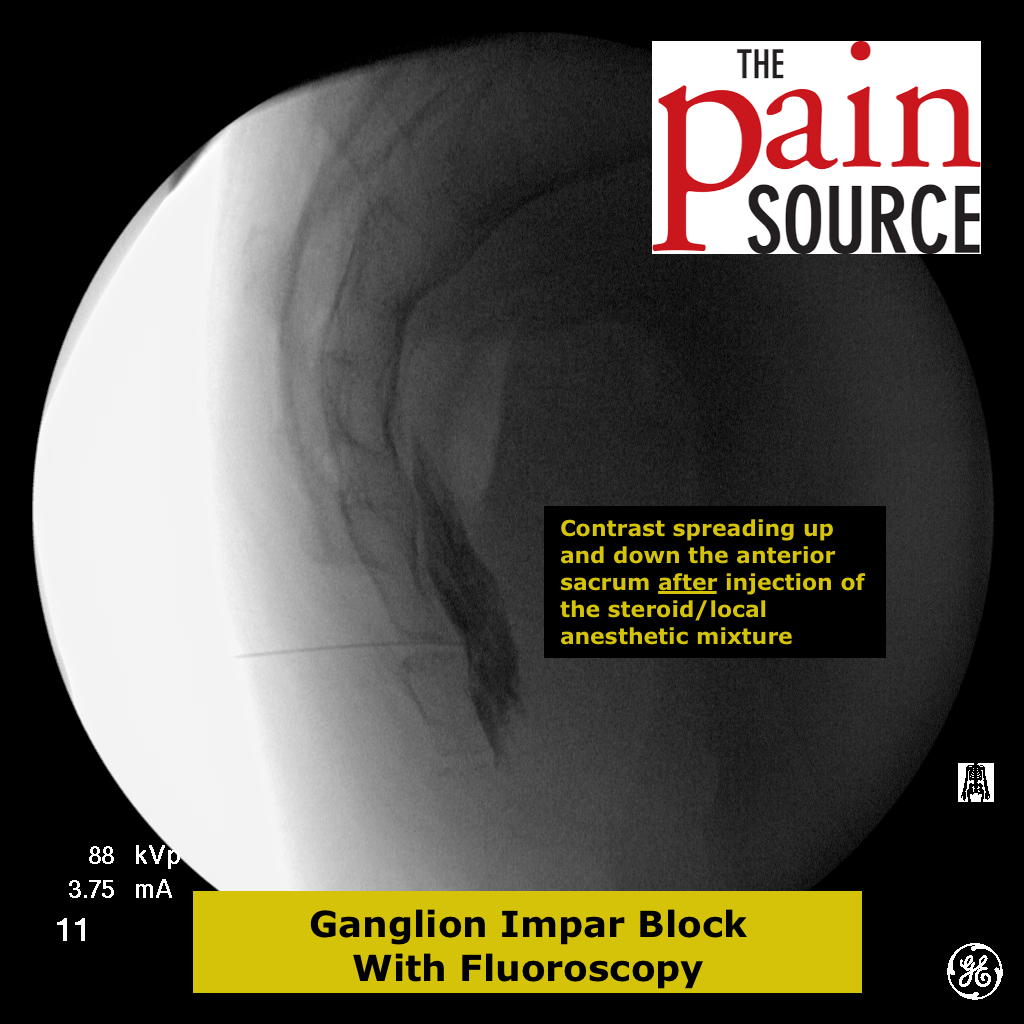By Chris Faubel, MD –
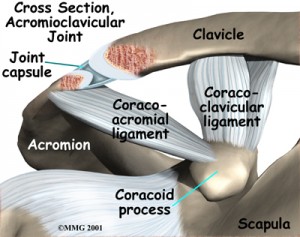
PM R. 2010 Sept;2:817-821
Accuracy of Ultrasound-Guided Versus Palpation-Guided Acromioclavicular Joint Injections: A Cadaveric Study
Peck E, Lai JK, Pawlina W, Smith J.
Physical Medicine and Rehabilitation, Mayo Clinic College of Medicine, Mayo Clinic Sports Medicine Center, 200 First St SW, Rochester, MN 55905(1).
Get the abstract here
Summary of study:
- Prospective study
- 20 adult (50+ years old) unembalmed cadaveric acromioclavicular joint (ACJ) specimens (10 left and 10 right) — specimens at room temperature
- A single physician performed all the injections — therefore no worry about inter-rater variability
- 10 US-guided and 10 palpation-guided injections of colored liquid latex were performed
- Separate, blinded investigators then dissected the specimens to evaluate the accuracy of each latex placement
- Outcomes: The injections were graded:
- Accurate (all injectate contained within the AC joint)
- Partially accurate (injectate in joint, but also in surrounding tissue)
- Inaccurate (injectate NOT within the joint)
- Equipment used
- Merlin 1101 portable ultrasound system
- 6-12 MHz linear array transducer with a 38-mm footprint
- Standard US gel
- 25-gauge, 38mm (1.5 inch) needle
- Diluted colored latex solution. Only 1-ml of injectate at each joint.
- Results
- US-guided
- 100% accurate (10 of 10)
- Palpation-guided
- 40% accurate (4 of 10)
- US-guided
- Conclusion
- Ultrasound guidance can be used to inject the acromioclavicular (AC) joint, and should be seen as more accurate than palpation-guidance alone. Physicians should consider ultrasound-guidance if prior injections have failed in a patient with anatomy making it difficult to perform a “blind” injection.
Palpation-guided AC joint injections missed the joint entirely, 60% of the time
Questions to ask:
- Was the physician performing the injections skilled/experienced?
- Yes. He performed US-guided AC joint injections for more than 4 years, and unguided AC joint injections for more than 10 years.
- How was the patient (specimen) positioned to perform the injections?
- They were placed supine and the needle was advanced in a lateral to medial approach until it penetrated the joint capsule.
- Note: This is unlike how I perform my injections. I use a superior to inferior approach straight into the joint (see here).
- When should ultrasound be used for injecting acromioclavicular joint?
- “When diagnostic specificity is paramount or when otherwise clinically indicated.”
- Would the same discrepancy have been seen if the physician was less experienced with ultrasound-guided injections?
- Don’t know
- Would the palpation-guided injections have been more accurate if done with a superior to inferior approach?
- Don’t know
Most Importantly:
- Research is needed to determine if accurately placed AC joint steroid injections provide more therapeutic benefit than inaccurate injections.
- A small pilot study [1] suggests that in the short term (3 weeks) ultrasound-guided steroid injections had the SAME pain relief and functional benefit as palpation-guided injections.
- 1 – Sabeti-Aschraf et al. “The infiltration of the AC joint performed by one specialist: ultrasound versus palpation a prospective randomized pilot study.” Eur J Radiol. 2010 Jul;75(1):e37-40. Epub 2009 Aug 3
- A small pilot study [1] suggests that in the short term (3 weeks) ultrasound-guided steroid injections had the SAME pain relief and functional benefit as palpation-guided injections.


